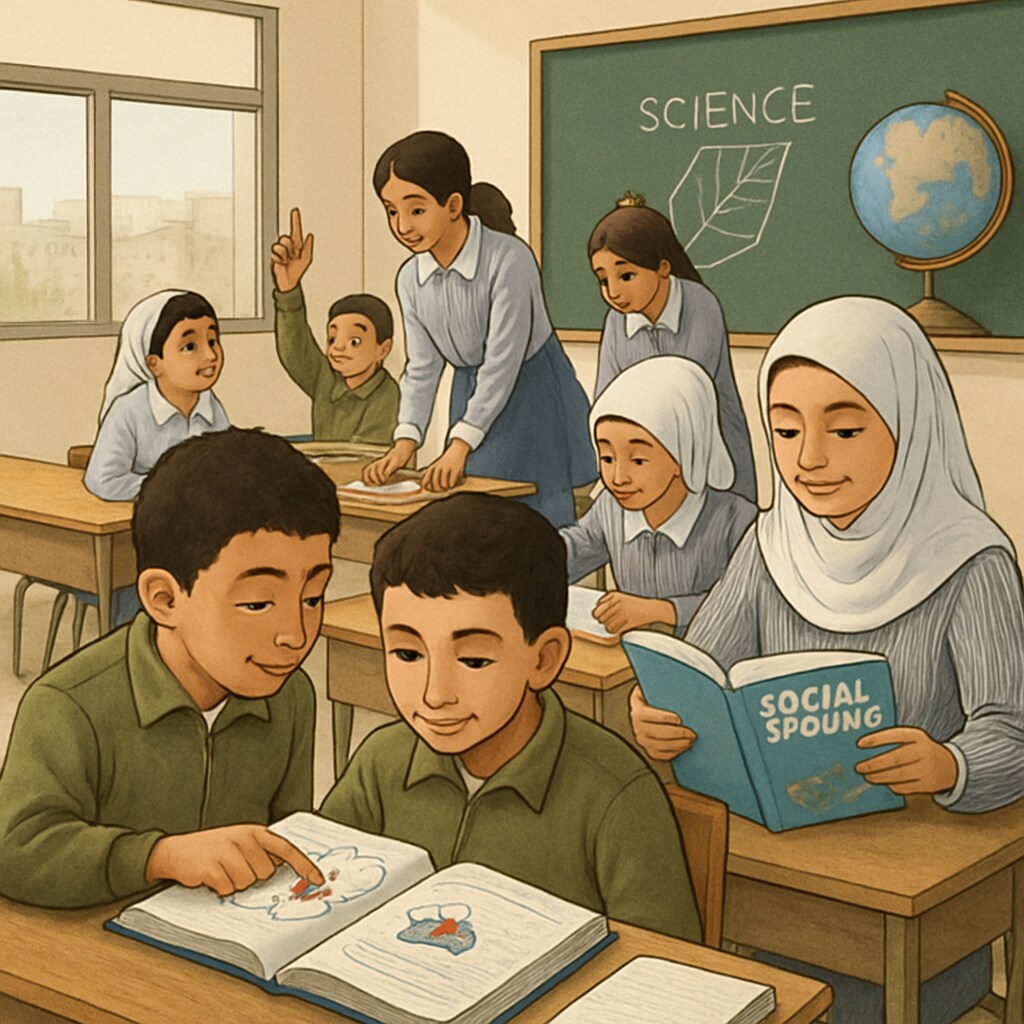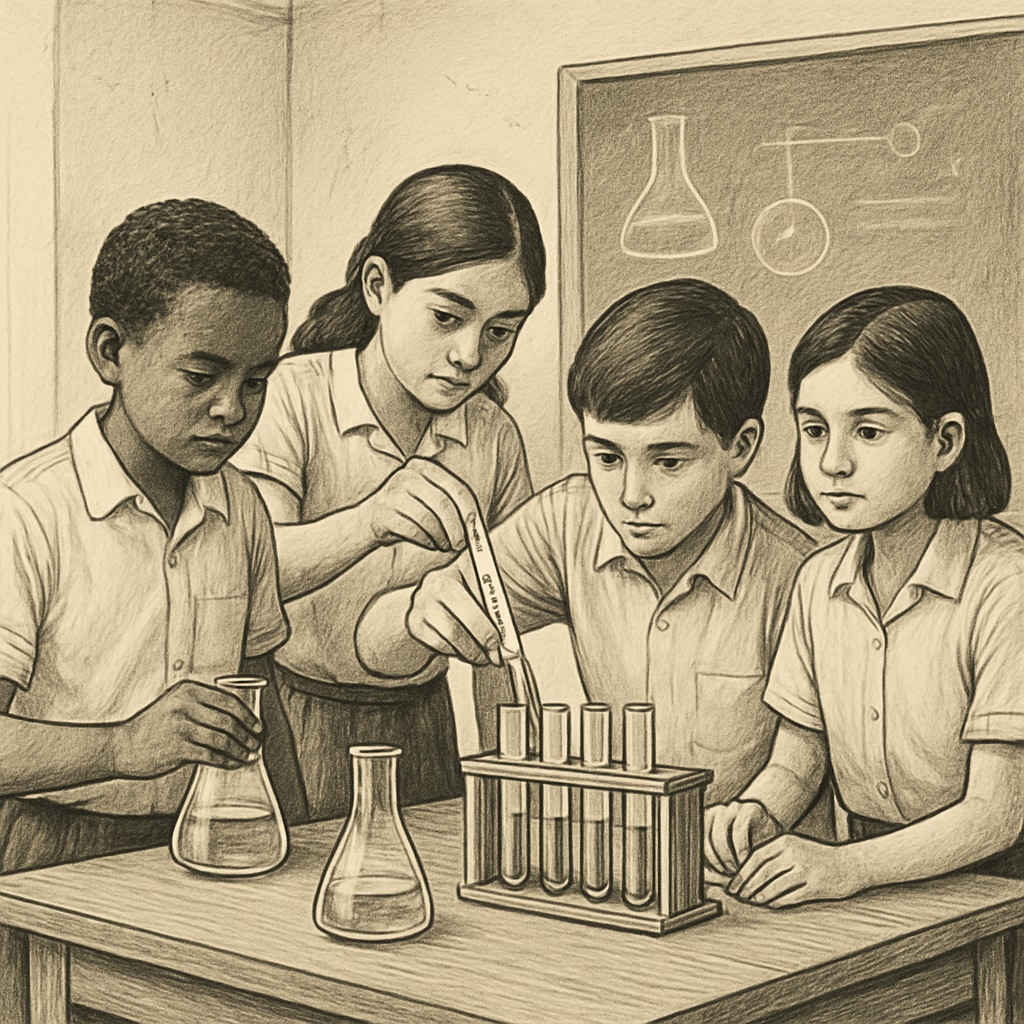The development of a robust and inclusive education system in post-conflict Gaza is critical for empowering young minds and fostering long-term stability. Specifically, creating innovative and culturally adaptable curricula for science and social studies can help address the region’s unique challenges. This article explores strategies for rebuilding hope in Gaza schools by focusing on science education and social studies frameworks.
Understanding the Current Challenges in Gaza’s Education System
Gaza’s education system has been severely impacted by years of conflict, leaving schools with insufficient resources, outdated curricula, and limited teacher training opportunities. As a result, students lack access to quality education, particularly in science and social studies, which are vital subjects for equipping youth with problem-solving and critical thinking skills. Additionally, the psychological toll on students and educators further complicates efforts to rebuild effective teaching environments.

Key Principles for Curriculum Development in Science and Social Studies
Creating curricula for Gaza schools requires a careful balance between academic rigor and cultural sensitivity. Key principles include:
- Inclusivity: Ensure that lessons address diverse perspectives and avoid bias.
- Adaptability: Develop materials that can be used in resource-constrained environments.
- Relevance: Incorporate local contexts to make subjects relatable and engaging.
- Skill Development: Focus on critical thinking, collaboration, and practical application of knowledge.
For example, science curricula could emphasize environmental sustainability and local agricultural challenges, while social studies could highlight conflict resolution and community-building practices. These approaches not only align with global education standards but also address Gaza’s specific needs.

Strategies for Effective Implementation
Developing curricula is only the first step; effective implementation is equally important. Strategies include:
- Teacher Training: Provide professional development programs to equip educators with the tools to deliver new curricula effectively.
- Community Involvement: Engage parents, local leaders, and NGOs to support education initiatives and provide feedback.
- Use of Technology: Leverage digital resources and e-learning platforms to overcome physical infrastructure limitations.
- Monitoring and Evaluation: Establish systems to track student progress and adapt curricula based on outcomes.
Collaboration with international organizations can also provide additional expertise and funding to support these efforts. For example, UNESCO has resources on curriculum development (UNESCO Education Themes), while UNICEF offers insights into post-conflict education recovery (UNICEF Education Resources).
Long-Term Benefits of Rebuilding Gaza’s Educational Framework
Investing in science and social studies curricula in Gaza schools will have profound long-term benefits. First, it empowers students with the skills to solve real-world problems and contribute to their communities. Second, it fosters a sense of hope and purpose, countering the psychological impacts of conflict. Finally, education can play a vital role in promoting peace by teaching conflict resolution and mutual understanding.
As a result, rebuilding Gaza’s education system is not just about academic success—it’s about creating a foundation for sustainable development and social cohesion.
Readability guidance: The article maintains short paragraphs, uses lists for summarizing key points, and incorporates transition words like “for example” and “as a result” to improve flow. Passive voice usage is minimized, ensuring clarity and engagement for readers.


